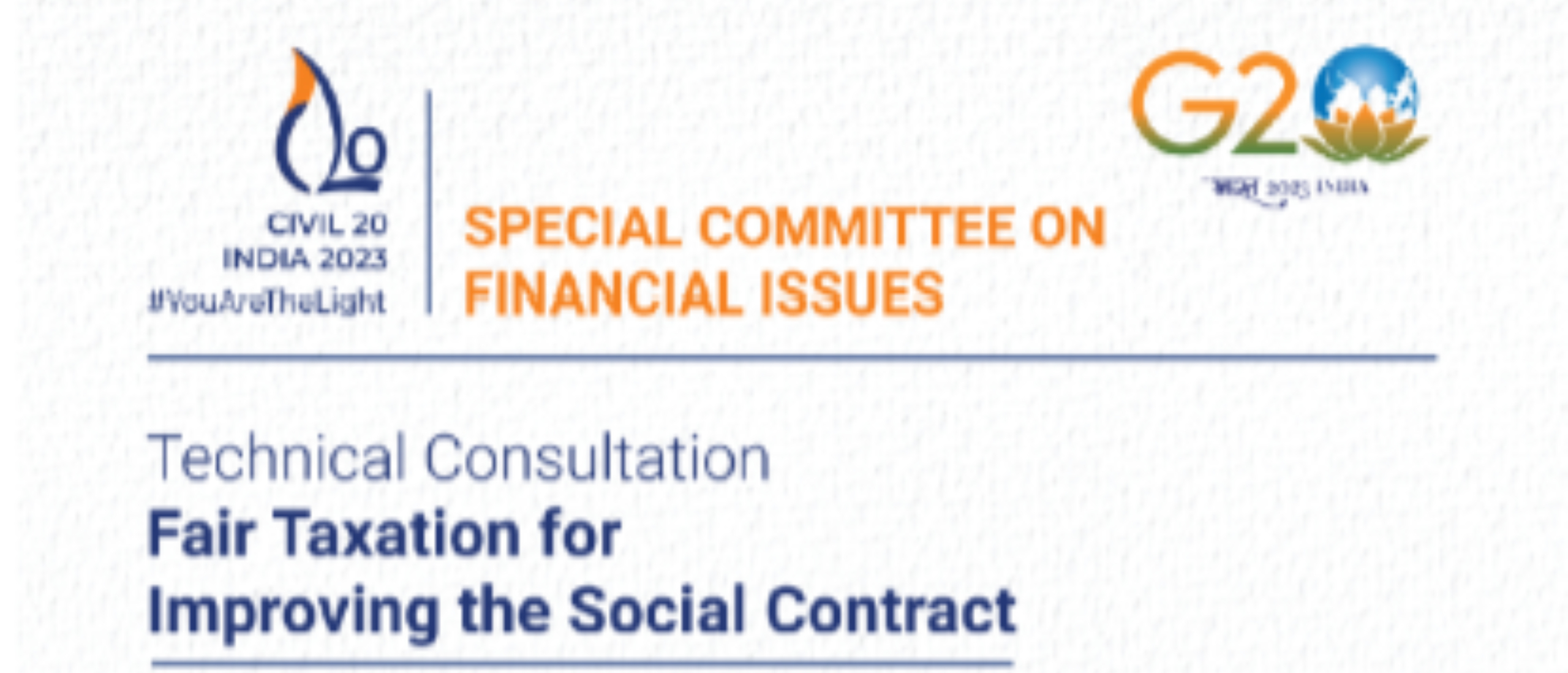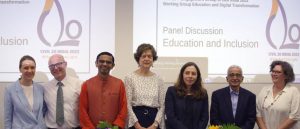In this era of poly crises, many developing countries have very limited fiscal space to finance their way out of the economic, health, climate and energy crises their citizens are dealing with. Given their relatively heavier reliance on corporate taxes to fund their deficits, these countries suffer proportionately greater harm from tax avoidance and evasion by large corporates and other wealthy economic actors. Financial digitalization, and the legal routing of profits away from its place of origin to tax havens, and the adoption of such practices by newer digital-only businesses, also contribute to worsening inequality and equity, both within countries and between countries. Although there have been several attempts to reform mechanisms and regulations related to tax governance, these have not succeeded in realizing the ideals of the 2015 Addis Ababa Action Agenda to enhance international tax cooperation and strengthen the voice and participation of developing countries. International tax cooperation must be under a coherent institutional and normative framework and the UN Tax Body is expected to be the one to provide this going forward, while operating alongside the BEPS Initiative. At the domestic level, by reducing the concentration of wealth and promoting a more even distribution of resources, a wealth tax could help ensure that resources are invested in productive activities that benefit the broader economy.
Consultation link: https://drive.google.com/file/d/1AGOwdHSRtAZiGSizf_ltw70UHCQt- Zjc/view?usp=sharing




